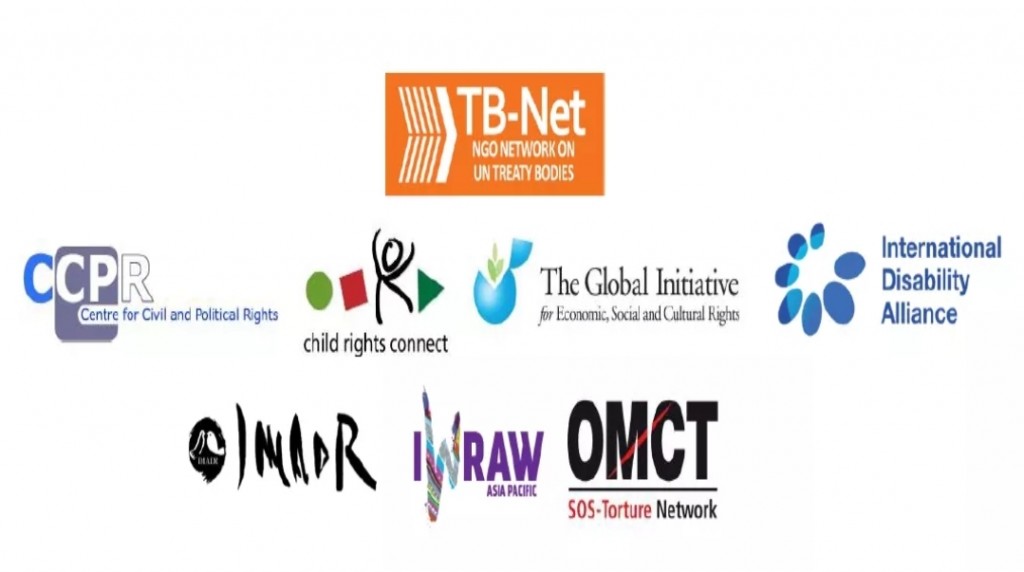Beyond Borders Hub > Blog > Articles > TB-Net Statement on the COVID-19 pandemic and the UN Human Rights Treaty Bodies
TB-Net Statement on the COVID-19 pandemic and the UN Human Rights Treaty Bodies

We express solidarity with everyone impacted by the COVID-19 pandemic and acknowledge the terrible suffering of many due to the health and economic consequences. The rapidly evolving pandemic is causing multiple disruptions to social, economic and political life at various levels all over the world. Most pertinent in the context of the United Nations human rights treaty bodies (UNTBs) are the strict restrictions being imposed by almost all countries on the movement of people and the physical distancing measures. This has led to the cancellation of all UNTBs sessions until at least the end of May as announced by the Office of the High Commissioner for Human Rights (OHCHR) on 16 March 2020[1].
In times of crisis, human rights are more important than ever. Respect for human rights must be central to States’ crisis response and recovery policy-making. The role of the UNTBs in monitoring States’ compliance with their human rights treaty obligations remains a critical element of the protection and realisation of rights and this is particularly so in times of crisis when government measures may negatively affect human rights. Recognizing the acute public health exigencies of the moment, we encourage the UNTBs to resume their important work as soon as possible.
Even as OHCHR and other UN agencies assess the possibilities of how to facilitate the continued organization of the UNTB sessions, any measures taken must ensure the continued meaningful engagement of civil society representatives with the treaty bodies. Civil society is an important partner of the treaty bodies, providing information, identifying protection and implementation gaps, assessing and advocating for implementation of Concluding Observations and Views, and contributing to ensuring state accountability for protection of human rights.
We recognize the need for creativity and solidarity in overcoming the challenges posed by the COVID-19 pandemic in all areas of work and there is much that can be done to facilitate engagement using communications technologies, in particular with civil society. There are best practices (video-conferencing) already in use by a number of treaty bodies in this respect. The development of such communications technologies should be further available and standardized among all the UNTBs.
As with in-person civil society engagement with the UNTBs, technological solutions must guarantee privacy and security for participants. Further, the UNTBs are urged to approach civil society engagement with flexibility and to enable the participation of the broadest range of civil society groups, including those with limited access to technology, and to ensure accessibility requirements for persons with disabilities are met.
The meaningful and active engagement of civil society must remain a priority of the UNTBs as they determine how to continue their work for the promotion and protection of human rights.
This is a joint statement on behalf of seven organizations[2], which form the NGO Network on UN Treaty Bodies (TB-Net). Created in February 2017, TB-Net is an informal group of international NGOs and networks who work closely with the UNTBs and have specialised expertise on their procedures and substantive work. Our mission is to support and enhance the effectiveness of the treaty bodies so that they can
[2] Centre for Civil and Political Rights (CCPR-Centre), Child Rights Connect, the Global Initiative for Economic, Social and Cultural Rights (GIESCR), the International Disability Alliance (IDA), the International Movement Against All Forms of Discrimination and Racism (IMADR), International Women’s Rights Action Watch Asia Pacific (IWRAW Asia Pacific) and the World Organisation Against Torture (OMCT)
(copied)






